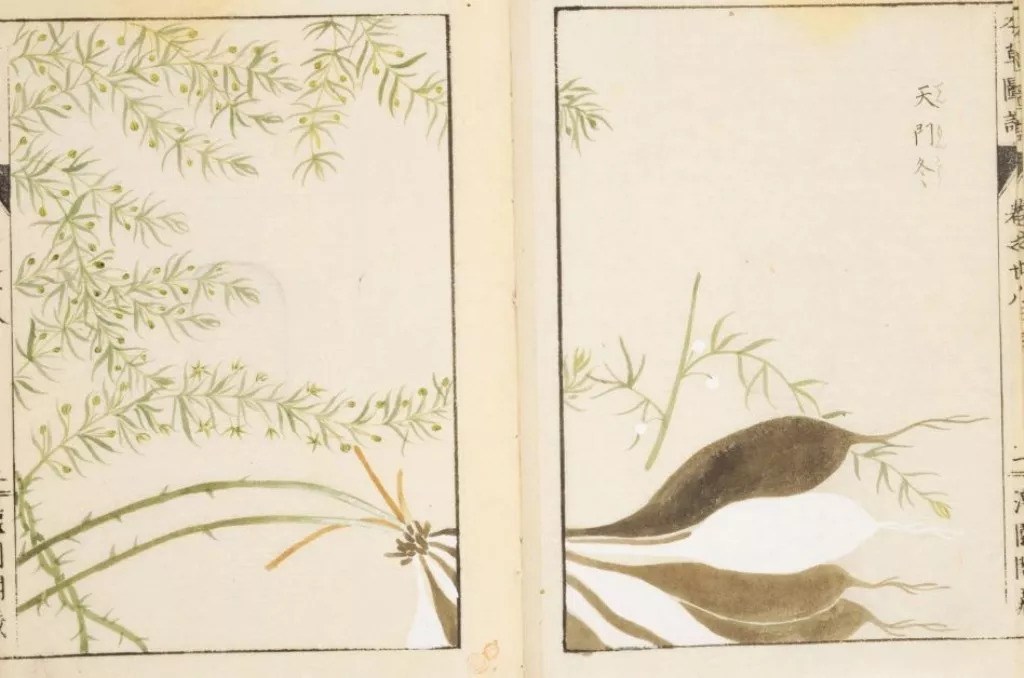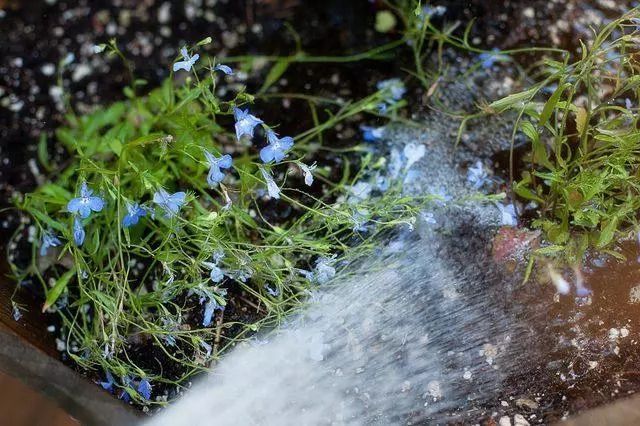How to prevent soil hardening basin soil agglomeration after how to deal with

After potted plants have been preserved for a period of time, the soil is prone to caking. Watering the soil will flow directly from the cracks on the edge, and there will be no water at all, and there will be a kind of white sediment on the soil surface. plants also gradually appear yellow leaves or dry branches.
The following will introduce to you the best treatment method after basin soil consolidation, of course, there are also preventive measures.
It is critical to prepare loose, ventilated and well-drained soil for plants. Loose soil is conducive to plant root growth and makes plant roots grow strong, so that branches and leaves can flourish and promote better flowering.
2 or 3 portions of river sand or perlite need to be added to the soil, and some rotten sawdust, compost soil or river sand can also be mixed properly, and the river sand can be replaced by perlite.
Flowerpot is to prepare a loose drainage container, you can choose the most common red clay pots, tile pots or plastic pots with more drainage holes.
Under the basin bottom can be covered with some broken tiles, ceramsite or larger granular stone, so as to prevent the soil from clogging the drainage hole, and some people even put a screen in the position of the drainage hole.
Potted plants must not choose clayey soil, such as common yellow soil or garden soil, maintenance of potted plants should also pay attention to regular change of pots, generally in spring and autumn, summer temperature is too high or winter temperature is too low to avoid changing pots, otherwise it is easy to cause plant roots to grow again.
If you want to prevent soil caking, you should also avoid directly watering flowers with tap water, because tap water contains more fluorine and chlorine compounds. If you put them in a container for two or three days, these compounds will volatilize, and then there will be no problem in exchange. If you use tap water to water flowers for a long time, a layer of salt will accumulate on the soil surface, resulting in soil alkali, which will affect plant growth.
It is best to water the plants with Rain Water, well water or tap water for two or three days. To fertilize the plants, you should avoid using chemical fertilizers for a long time, otherwise it is also easy to make the soil agglomerate. You can add some mature compost soil or mature manure to the soil every year, and then pour water thoroughly to avoid sprinkling directly on the rhizome, otherwise the plants will be burned.
After the soil caking, you can directly choose the appropriate time to change the basin, if the plant growth is relatively weak, do not change the basin for the time being, you can remove the topsoil, and then sprinkle some rotten organic fertilizer crushed into powder and water thoroughly. Use peat soil to mix some compost soil to cover the soil surface.
Organic fertilizer will slowly seep into the soil, thus improving soil porosity and permeability is conducive to plant growth, but should not be used too frequently, usually once every two or three months.
- Prev

Jianglian shakes the white feather, the thorn vine and the green silk.
During the 29 year of Kaiyuan, du Fu, who was nearly in his thirties, traveled to Qizhao to visit famous mountains and scenic spots. Feeling the serenity and serenity of his residence, he wrote the song "Sigong Maozhai": under the Sigong hut, he can be given a new job.
- Next

These five kinds of domestic wastes can be made into good fertilizers without paying for it.
In our daily life will produce a lot of waste, a lot of can be reused, and even can be made into organic fertilizer, the method is also very simple, for a friend who likes growing flowers and vegetables, the following.
Related
- Wuhan Hospital Iron Tree Blooming Result Was Instantly Frightened by the Gardener Master
- Which variety of camellia is the most fragrant and best? Which one do you like best?
- What is the small blue coat, the breeding methods and matters needing attention of the succulent plant
- Dormancy time and maintenance management of succulent plants during dormancy
- Minas succulent how to raise, Minas succulent plant pictures
- What are the varieties of winter succulent plants
- How to raise succulent plants in twelve rolls? let's take a look at some experience of breeding twelve rolls.
- Attention should be paid to water control for succulent plants during dormant period (winter and summer)
- Watering experience of twelve rolls of succulent plants
- Techniques for fertilizing succulent plants. An article will let you know how to fertilize succulent plants.

